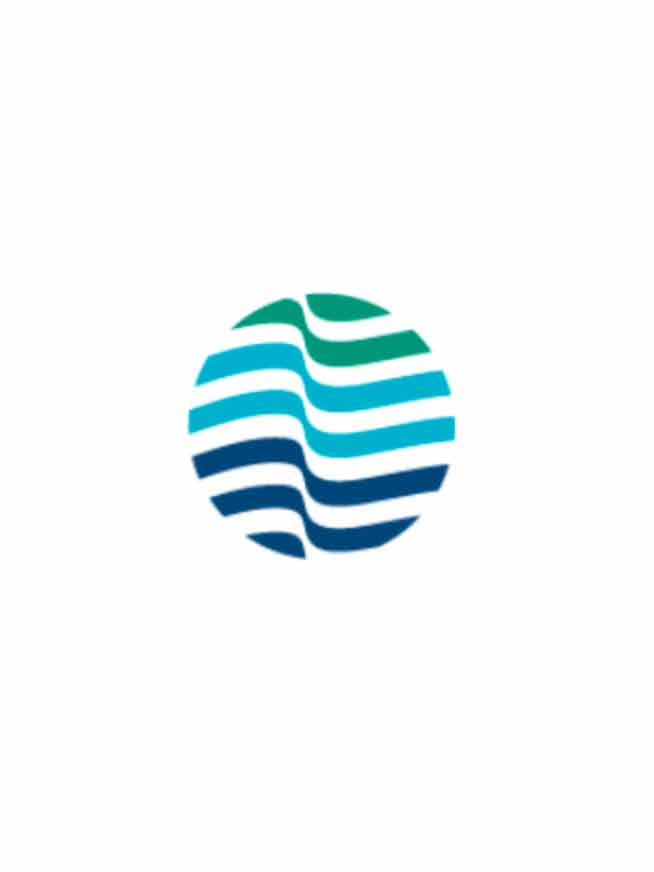With over 500,000 people at risk, the report urges state and local agencies to change their approach to better protect public health
Oakland, CA, August 14, 2025 – A new report released today by the Pacific Institute, a global nonpartisan think tank, assesses the complex and growing air quality threats in the Salton Sea region of southeastern California and outlines more effective strategies to protect public health.
As the Salton Sea has shrunk by more than 60 square miles over the past 30 years due to reduced water use in the region, more dry lakebed—known as “playa”—has been exposed, contributing to dangerous dust levels in an area already burdened with some of the highest respiratory hospitalization rates in California. But the report finds that playa dust is only one piece of a broader pollution burden that includes unpaved roads, desert winds, farming practices, diesel emissions, and more.
“Breathing Hazard: Air Pollution in the Salton Sea Region” synthesizes findings from dozens of published sources to improve understanding of what contributes to air pollution in the region and how to protect public health most effectively. The report highlights exposure control strategies—such as weatherizing homes, installing air filters, and issuing public alerts on days with poor air quality —as more feasible and cost-effective than attempting to manage emissions at the many sources that pollute the air.
“The Salton Sea gets most of the blame, but the problem is much larger than the Sea,” said Michael Cohen, lead author of the report and Senior Fellow at the Pacific Institute. “Sources throughout the region emit a complex mix of dust, chemicals, and biological pollutants, threatening the health of more than half a million people. Protecting people where they live, work, and play—through exposure control—can offer the most immediate and effective public health benefits.”
The report also notes disparities in health outcomes and access to care, as many communities near the Salton Sea face high poverty rates, limited medical services, and elevated rates of asthma and respiratory illness, particularly among children.
While local and state agencies have invested tens of millions of dollars in dust suppression projects, the report finds that these efforts are not sufficient or cost-effective means to protect public health. The Pacific Institute recommends a coordinated effort between state and local agencies, public health experts, and community leaders to direct additional investments toward exposure control strategies and optimize public health benefits.
The full report is available at https://pacinst.org/publication/breathing-hazard-air-pollution-in-the-salton-sea-region/
—XXX—
Founded in 1987, the Pacific Institute is a global water think tank that combines science-based thought leadership with active outreach to influence local, national, and international efforts in developing sustainable water policies. From working with Fortune 500 companies to frontline communities, our mission is to create and advance solutions to the world’s most pressing water challenges. Since 2009, the Pacific Institute has also acted as co-secretariat for the CEO Water Mandate, a global commitment platform that mobilizes a critical mass of business leaders to address global water challenges through corporate water stewardship. For more information, visit pacinst.org.


